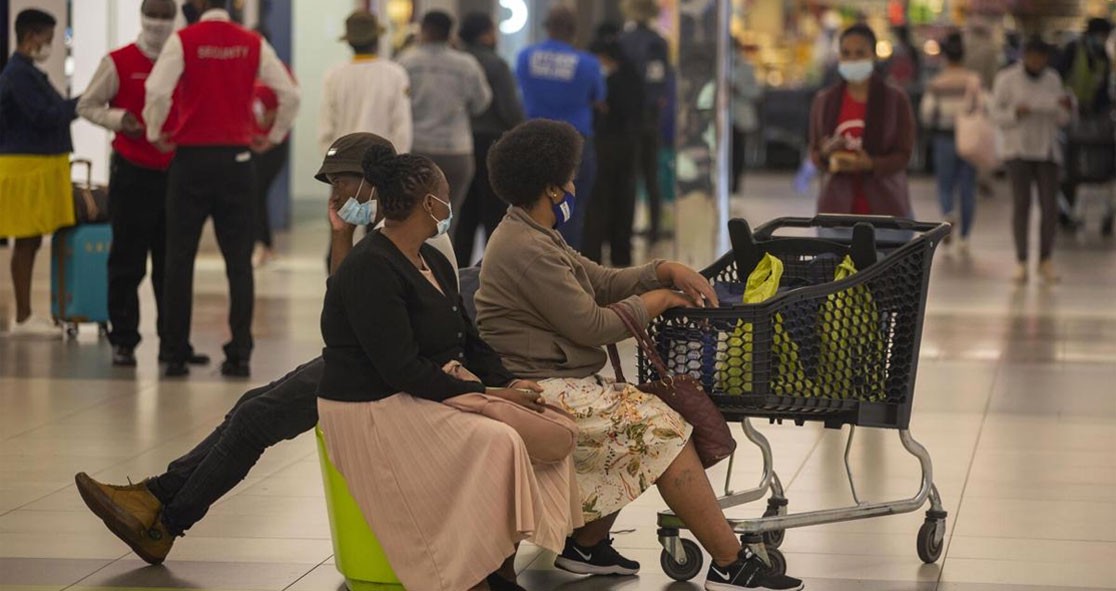On Sunday, the World Health Organization (WHO) has urged nations not to impose flight bans on southern African countries due to concerns over the new strain of the coronavirus first identified in Botswana, according to ABC News.
Dr. MatshidisoMoeti, Regional Director of the WHO Regional Office for Africa, asked countries across the globe to follow science and international health regulations to avoid using travel restrictions.
“Travel restrictions may play a role in slightly reducing the spread of COVID-19 but place a heavy burden on lives and livelihoods,” Dr. Moeti said in a statement.
“If restrictions are implemented, they should not be unnecessarily invasive or intrusive, and should be scientifically based, according to the International Health Regulations, which is a legally binding instrument of international law recognized by over 190 nations,” she added.
Dr. Moeti praised South African officials for following international health regulations and informing the WHO that its national laboratory has identified the omicron strain.
She explained, “The speed and transparency of the South African and Botswana governments in informing the world of the new variant is to be commended. WHO stands with African countries which had the courage to boldly share life-saving public health information, helping protect the world against the spread of COVID-19.”
Meanwhile, Cyril Ramaphosa, President of South Africa, called the restrictions “completely unjustified.”
In a speech on Sunday evening, Ramaphosa said, “The prohibition of travel is not informed by science, nor will it be effective in preventing the spread of this variant. The only thing the prohibition on travel will do is to further damage the economies of the affected countries, and undermine the ability to respond to, and also to recover from, the pandemic.”
There have been cases of the new variant across South Africa but experts cautioned that it is unclear whether the new strain is more concerning than the other ones.
The WHO has recommended that all countries should “take a risk-based and scientific approach and put in place measures which can limit its possible spread.”
Dr. Francis Collins, Director of the National Institutes of Health in Bethesda, Maryland, said no evidence suggests the new strain causes more severe illness than the previous ones.
He told CNN, “I do think it’s more contagious when you look at how rapidly it spread through multiple districts in South Africa.”
The United States plans to ban travel from South Africa and seven other southern African nations starting today.
Dr. Moeti said, “With the omicron variant now detected in several regions of the world, putting in place travel bans that target Africa attacks global solidarity. COVID-19 constantly exploits our divisions. We will only get the better of the virus if we work together for solutions.”























